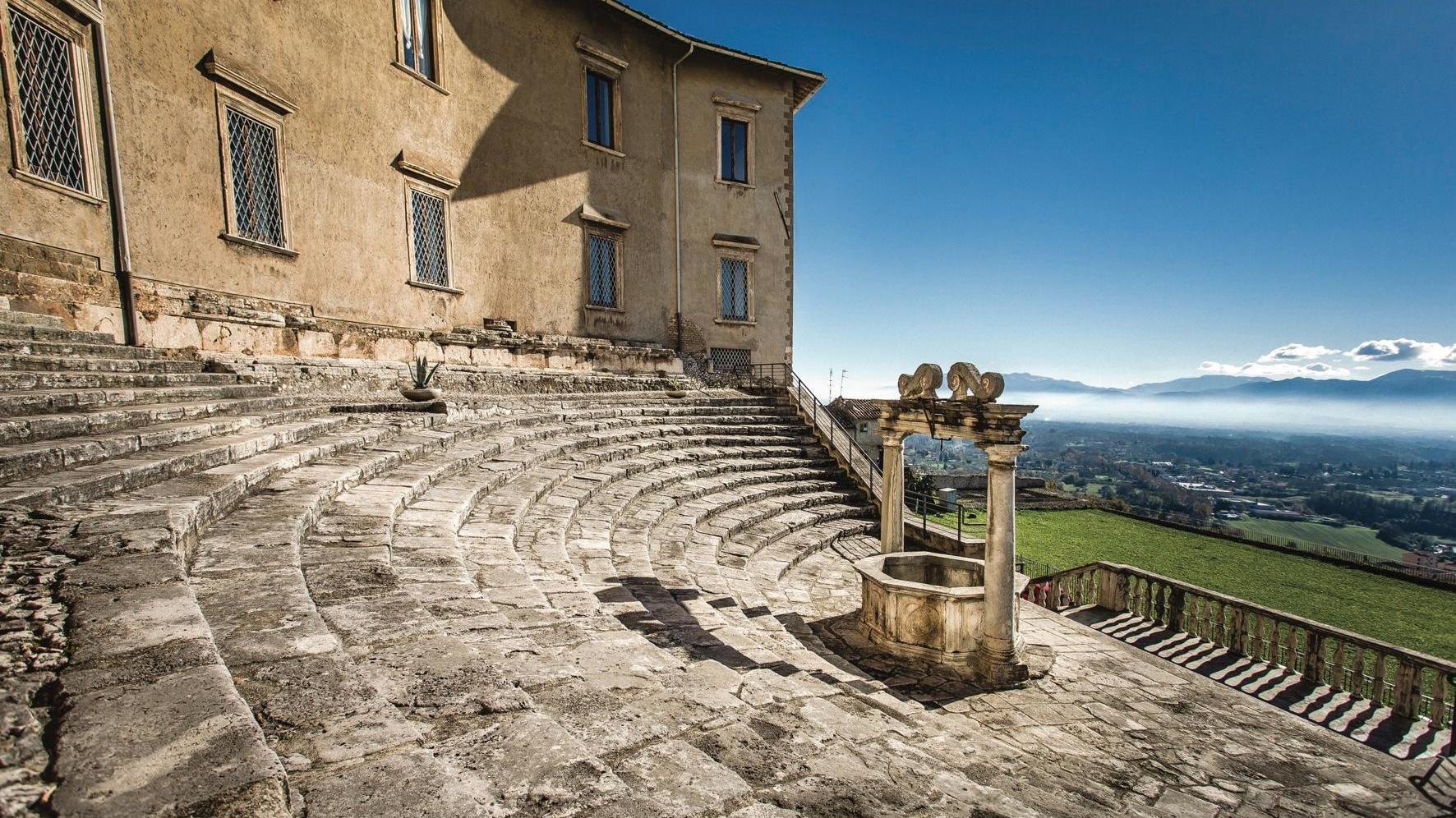Palestrina’s Magnificat primi toni, Voces8
Before the rich counterpoint of J.S. Bach, there was the seamless, contrapuntal polyphony of the Italian Renaissance composer, Giovanni Pierluigi da Palestrina (c.1525-1594). The sacred music of Palestrina greatly influenced Bach and the composers who followed. Bach studied and hand-copied Palestrina’s first book of Masses and adapted parts of the Missa sine nomine. Felix Mendelssohn noted Palestrina’s influence when he wrote, “I always get upset when some praise only Beethoven, others only Palestrina and still others …







